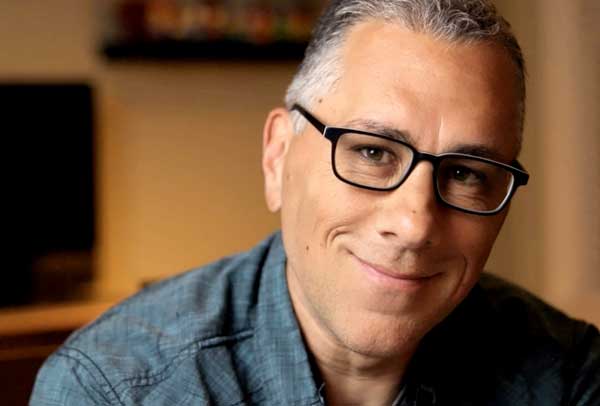Republished with permission from John Pavlovitz
Those 1,460 days were simply a terrible, unforgivable, unthinkable waste.
A waste of time: the countless hours so many people from every walk of life had to spend trying to care for people and rebuild their communities and save lives and champion justice and do good work—all while facing their own president as a daily, formidable adversary.
A waste of financial resources: adding 8 trillion dollars to our national debt, stratospheric corporate bailouts, a widening in the gap between survival and opulence—a brazen predatory financial assault on the poor and the sick.
A waste of natural resources: a steady stream of environmental protection rollbacks, wanton disregard for nature and planet and science, and an open contempt for the delicate web of all living things.
A waste of energy: the emotional, physical, and mental drain on so many decent people who’ve spent their waking days and sleepless nights trying to reckon with a steadfast malevolence that simply defies reason and escapes comprehension.
A waste of ideas: a systematic shutting down of diverse and qualified people: doctors, economists, educators, scientists, creators, and public servants, whose qualified presence served as a threat to the eggshell ego and twitchy ignorance of a historically insecure man-child.
A waste of relationships: the violently uncivil wars waged by people for whom this single person has become the hill they’re ready to let their closest intimacies die on; the all-or-nothing tribalism he traffics in, the fractures in families and friendships and neighborhoods, the cost of which is incalculable.
A waste of human life: hundreds of thousands needlessly perishing in a mismanaged pandemic, children pulled from their parents at the border, refugees stranded at airports, transgender teenagers bullied to self-harm, victims of gun violence left without protection, people without healthcare overcome by financial and physical threat, already vulnerable communities subjected to further violence.
I try to imagine all we could have accomplished in those 1,460 days as a nation if so many talented, compassionate, gifted, intelligent people hadn’t had to spend so much time trying to protect themselves from their own government:
- the art that could have been created,
- the medical advances that could have been made,
- the humanitarian work that could have been done,
- the habitats we could have protected,
- the species that could have been saved,
- the equity that might have been achieved—and that unfathomable loss grieves me.
I try to imagine how different this place would have been if our leadership during those years had celebrated diverse humanity instead of assailing it, if they’d have generated compassion and not had contempt for it;
- if they’d have wanted
- more people to be seen, not less;
- if they’d have desired collaboration and not confrontation;
- if they’d have trafficked in hope and not in fear;
- if they’d have wanted to make America defined by goodness and not “greatness.”
But since we have hopelessly squandered that season of our story with this catastrophic error in judgment, the only way to rectify it is not to repeat it in November. It would be unconscionable to make such a grievous mistake for a second time, a doubling-down on ignorance.
The moment before us transcends politics.
It is so much more than an election, it is an invitation to unequivocally declare what our morality demands and what it will not tolerate; the kind of human beings we are at our core, the nation we aspire to build. It is a precise space and time to embody whatever it is we give a damn about.
We spent 1,460 days of 328 million people’s collective lives with this cruelty and ignorance and vitriol representing and defining us: with the severed ties and fractured families and polluted water and poisoned courts and perverted religion and elevated racism it has yielded.
Those days irreparably damaged us in ways we cannot quantify.
That is a tragedy that we will never truly recover from.
The only greater shared transgression, the only more horrible sin, would be if we decided to waste a single day more.

John Pavlovitz
John Pavlovitz is a writer, pastor, and activist from Wake Forest, North Carolina. A 25-year veteran in the trenches of local church ministry, John is committed to equality, diversity, and justice—both inside and outside faith communities. When not actively working for a more compassionate planet, John enjoys spending time with his family, exercising, cooking, and having time in nature. He is the author of A Bigger Table, Hope and Other Superpowers, Low, and Stuff That Needs to Be Said.
